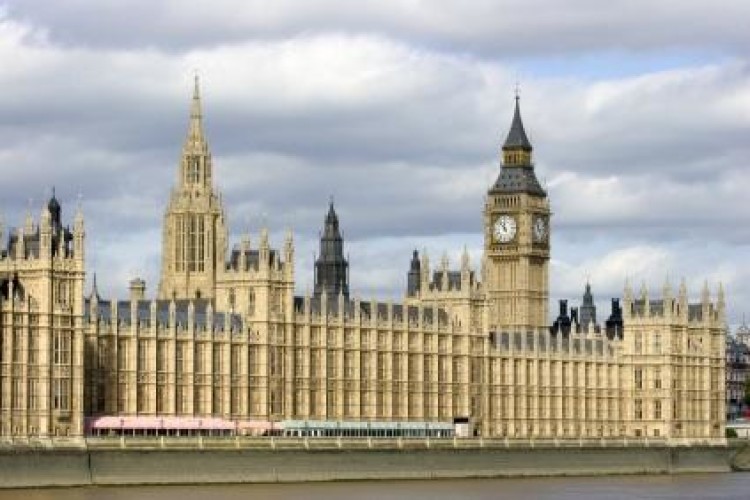What was going to have been a Neighbourhood Planning and Infrastructure Bill has now been published as simply the Neighbourhood Planning Bill.
The Queen’s Speech to Parliament in May, just four months ago, stated that ministers would introduce a Neighbourhood Planning and Infrastructure Bill. The government at that time intended that the bill would establish the National Infrastructure Commission on a statutory basis, imposing a duty on the government to issue a remit letter to the commission once in every Parliament. [See previous report here.]
The legislation would also reform the planning system and pave the way for privatisation of the Land Registry.
However, the bill has now been published and it contains not a single mention of the National Infrastructure Commission. Land Registry privatisation has also been jettisoned, at least for now. Check for yourself, at http://services.parliament.uk/bills/2016-17/neighbourhoodplanning.html
What is left is a bill to make compulsory purchase easier and to give more status to neighbourhood plans.
Richard Threlfall, UK head of infrastructure at KPMG, said: "I am dismayed at the Government’s decision not to press ahead with plans to create the National Infrastructure Commission as a statutory body. Infrastructure planning in this country has been bedevilled for years by political short-termism and inconsistency. The whole point of the National Infrastructure Commission is to provide long-term stability to the UK’s infrastructure planning. If it is not established in statute then its very existence will be constantly under threat from political whim.
"It is deeply ironic that legislation which would have put infrastructure planning at arms-length from politics has been frustrated by political turmoil. It is a complete u-turn and has taken the infrastructure community by surprise. Everyone is asking what does this now mean.

“The government needs urgently to clarify how it now proposes to follow through on its own promises to embrace long-term and evidence-based infrastructure planning and restore confidence in the infrastructure community that it remains committed to that objective.”
The National Infrastructure Commission was established by the then chancellor George Osborne in 2015 – with enthusiastic backing from many parts of the construction industry – to provide the Treasury with advice on national priorities, independent of party politics. His plan was always to introduce legislation at the earliest opportunity to enshrine its role. It is not yet known what plans the new prime minister and chancellor have for the oragnisation, if any.
However, a National Infrastructure Commission spokesperson said: "This government has made clear that it strongly supports the National Infrastructure Commission (NIC) and its ongoing work."
He said: "The NIC was established to transform the way we plan and deliver major infrastructure projects in this country by providing clear and independent strategic advice to government. Through the commission's first three reports, the NIC has already made major contributions towards transport improvements in the North of England, Crossrail 2 in London, and a Smart Power revolution which could ultimately save consumers billions from their energy bills. The work of the commission continues through existing projects and the National Infrastructure Assessment and retains the support of a broad and deep consensus across the political spectrum as well as business and industry.
“What matters is that the commission is established in a way that firmly secures its independence, provides the powers that it needs to do its job and places clear obligations on government to respond to its recommendations in a timely fashion. How this is done is a matter for government. But if the commission is to succeed in its work it will be essential to get it right, and we look forward to seeing the government’s new proposals as soon as possible.”
Property developers were happy to see that at least reform of compulsory purchase orders has survived in the bill. Melanie Leech, chief executive of the British Property Federation, said: "The measures to improve the CPO system are particularly important as they will help to bring about infrastructure projects more quickly and efficiently, which are crucial for attracting inward investment and acting as a catalyst for regeneration schemes.
“Our industry is an important cornerstone of the economy, creating jobs, attracting investment, and delivering the homes and workplaces that are crucial to our everyday lives. The provisions laid out in the Bill should go some way towards helping our industry continue to deliver these things, and we are pleased that it is now getting underway.”
Got a story? Email news@theconstructionindex.co.uk



